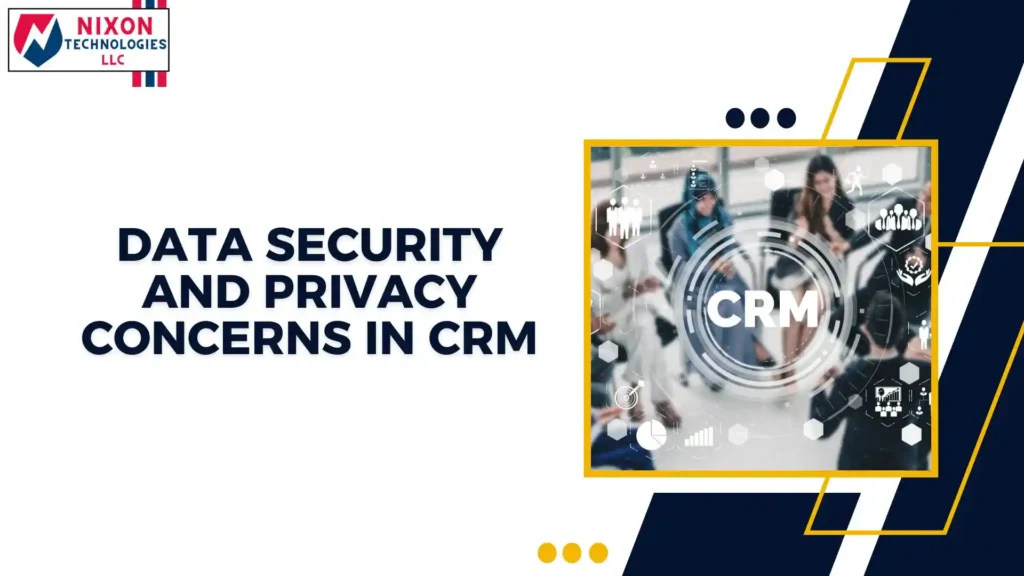Customer Relationship Management (CRM) systems have revolutionized the way businesses manage interactions with their customers. However, the rapid proliferation of data-driven technologies in CRM raises significant concerns regarding data security and privacy. In this article, we delve into the critical issues surrounding data security and privacy in CRM systems and explore potential solutions.
Understanding Data Security in CRM:
Data Breaches:
The increasing volume of customer data stored in CRM databases makes them lucrative targets for cybercriminals. Data breaches not only result in financial losses but also damage a company’s reputation and erode customer trust.
Access Control:
Unauthorized access to sensitive customer information poses a significant threat. Weak authentication mechanisms and inadequate access controls can lead to data leakage or misuse.
Encryption:
Encrypting data at rest and in transit is essential to prevent unauthorized access. However, improper encryption implementation or outdated encryption protocols can render data vulnerable to attacks.
Privacy Concerns in CRM:
Data Collection Practices:
Collecting excessive or unnecessary customer data without consent raises ethical concerns. CRM systems must adhere to privacy regulations such as GDPR and CCPA to protect customer rights.
Third-Party Integration:
Integrating third-party applications with CRM systems can introduce privacy risks. Data shared with external vendors must be carefully managed to ensure compliance and mitigate privacy breaches.
Data Retention Policies:
Retaining customer data beyond necessary periods exposes organizations to regulatory penalties and increases the risk of data breaches. Implementing robust data retention policies is crucial for safeguarding customer privacy.
Addressing Data Security and Privacy Challenges:
Comprehensive Security Measures:
Implementing multi-layered security measures, including firewalls, intrusion detection systems, and regular security audits, strengthens the defense against cyber threats.
Privacy by Design:
Adopting a privacy-centric approach to CRM development ensures that privacy considerations are integrated into every stage of system design and implementation.
Employee Training:
Educating employees about data security best practices and the importance of privacy compliance minimizes the risk of insider threats and human errors.
Conclusion:
In an era where data is hailed as the new currency, safeguarding customer data is paramount for businesses utilizing CRM systems. Data security and privacy concerns pose significant challenges but can be effectively mitigated through proactive measures such as robust security protocols, privacy by design principles, and employee education. By prioritizing data protection, organizations can not only enhance customer trust but also mitigate regulatory risks and safeguard their reputation in an increasingly data-driven world.
Some potential data security threats in CRM systems include unauthorized access to customer information, data breaches due to weak authentication measures, malware attacks targeting sensitive data, and vulnerabilities in CRM software that could be exploited by hackers.
Encryption technology can mitigate data security risks in CRM by encoding customer information, making it unreadable without the appropriate decryption key. This ensures that even if unauthorized parties gain access to the data, they cannot decipher it, thus safeguarding sensitive information from breaches or unauthorized use.
Organizations can ensure compliance with data privacy regulations in CRM by implementing measures such as obtaining explicit consent from customers before collecting their data, regularly auditing data access and usage, implementing data anonymization techniques, and providing transparent privacy policies outlining how customer data is handled.

